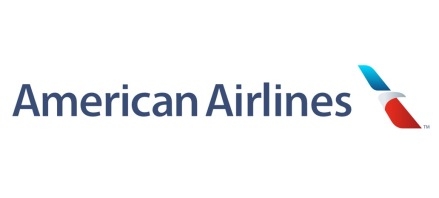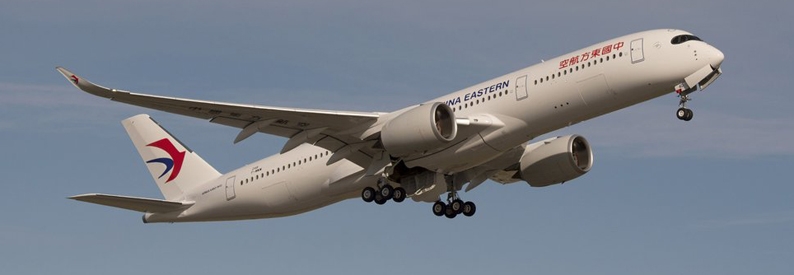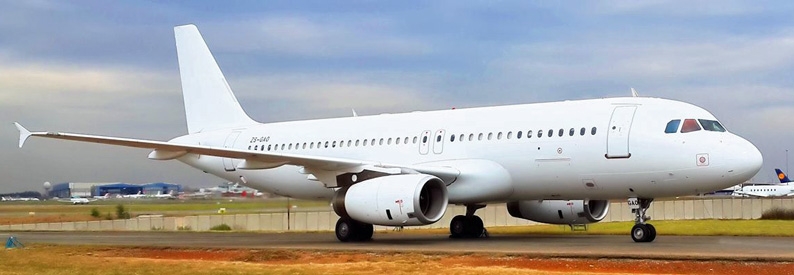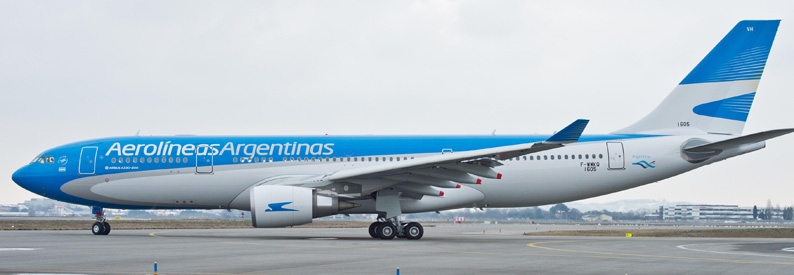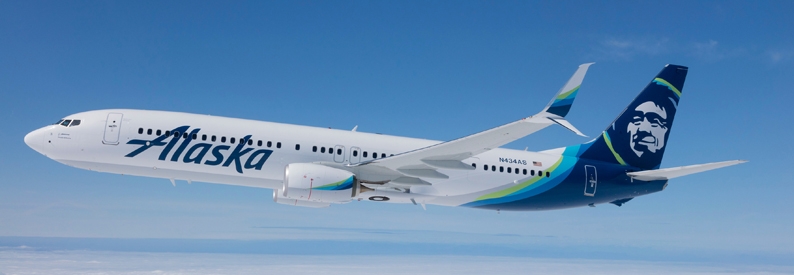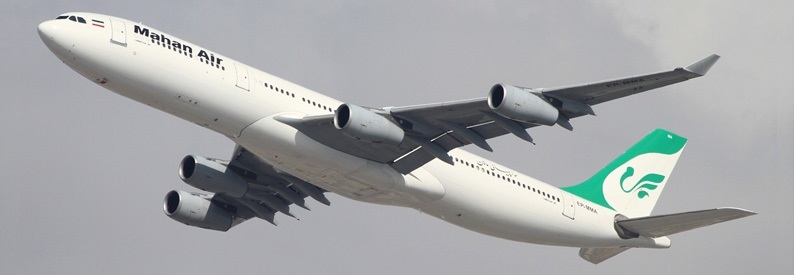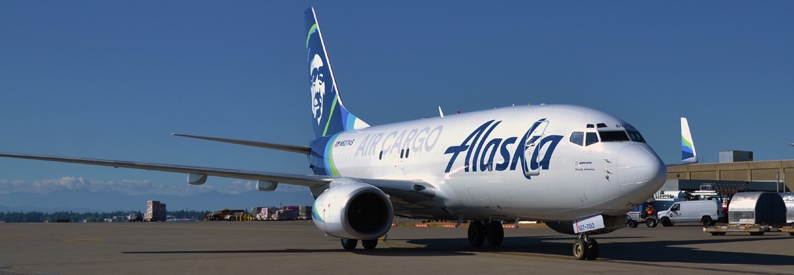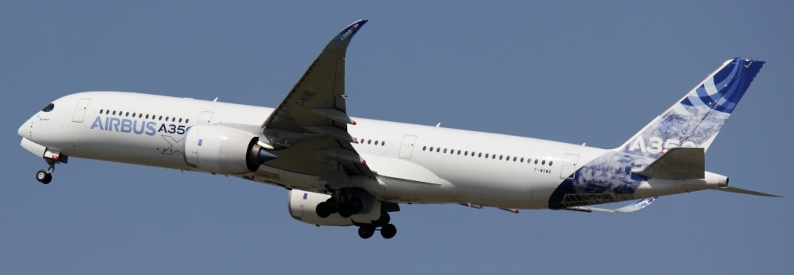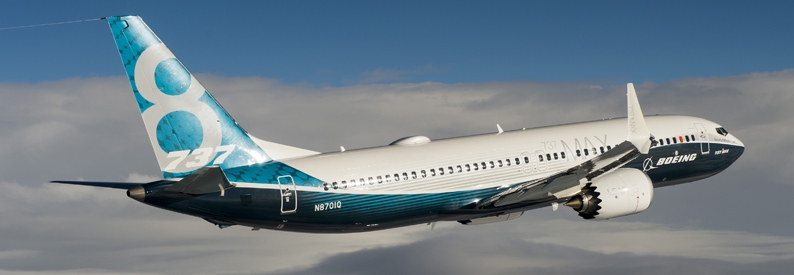A United States court has dismissed lawsuits against Cuba, initiated under the Helms-Burton Act. This has implications for American Airlines (AA, Dallas/Fort Worth), which was sued for ‘trafficking’ in Havana’s international airport property.
In May 2019, President Donald Trump’s administrations implemented the long-dormant Title III of the Helms-Burton Act, which allows United States citizens to sue foreign firms and Cuban entities over their use of properties expropriated after Cuba’s 1959 revolution.
In September 2019, Miami-based law firm Rivero Mestre filed a lawsuit against American Airlines and LATAM Airlines (LA, Santiago de Chile) on behalf of a Cuban-American, Jose Ramon Lopez Regueiro, who claimed to be the rightful owner of Havana International. He claimed the airlines were “trafficking” in the property he said the Cuban government stole, Reuters reported. He was seeking up to USD1 billion dollars.
The “defendants have trafficked in or benefited from ongoing, unlawful trafficking in the airport, by arriving and departing the airport and using its facilities for cargo and passenger transport,” the filing read.
American Airlines said in a statement at the time that it would review the lawsuit in detail and “vigorously defend service to Cuba” as its service to Cuba “is authorised by the US government”. In October 2019, the US government announced the banning of all US commercial passenger flights to Cuban cities except Havana, cutting five American Airlines routes, the State Department said.
On May 28 this year, a South Florida district judge dismissed a lawsuit against Booking, Hotels, Expedia and Orbitz under the Helms-Burton Act, after three plaintiffs claimed to be heir to land which was nationalised in Cuba in 1959, Cuba’s Radio Guaimaro reported.
According to legal news service Law360, the ruling could affect other cases and other companies that have been sued, including Amazon, American Airlines, Visa and Expedia.
